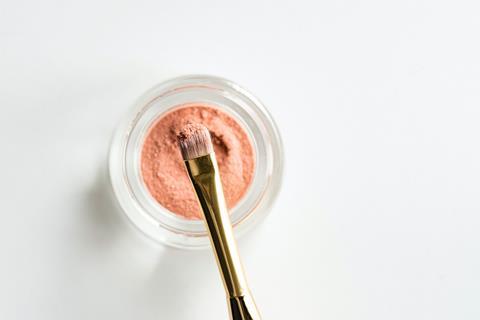
Dark under-eye circles have become a trend during the pandemic. That’s not just due to the sharp rise in anxiety-related sleeping problems, identified in summer 2020 by Southampton University boffins.
It’s also down to make-up influencers on TikTok accentuating the dark lines under their peepers rather than covering them with concealer. It’s a fad that couldn’t be more ironic given how tired cosmetics sales look in UK grocery. Granted, the category’s decline has slowed drastically since 2020, when it shed over £180m. And this year’s £40m loss also makes prettier reading than the £51.5m reported in 2019. Still, 10.4 million fewer packs have gone through the tills.
More specialist products have fared better. As The NPD Group reported earlier this year: “While all make-up categories have faced challenges, targeted products have shown signs of recovery compared to 2020.”
Meanwhile, many of the big hitters have suffered significant losses. In the top five, only Maybelline has gained sales. Rimmel, L’Oréal, Max Factor and Revolution have shed a total of £30.8m “due to the chaotic year of restrictions and transmission fears” says senior NielsenIQ analyst Sara Timms.
Those fears didn’t just mean fewer nights out – make-up testers were also removed from retailers on hygiene grounds.
Nearly two years after the first lockdown kicked in, use of testers “hasn’t yet returned to a pre-pandemic normal” notes Rob Slaski, COO at retail consultancy Dee Set. “What might have started as a short-term change in the way we buy make-up has caused a long-term shift in shopper behaviour.”
That includes greater focus on online. “Covid has forced beauty brands to rapidly transition to e-commerce,” says Iona Silverman, IP & media partner at retail law firm Freeths.
And yet it’s not all bad news for high street retailers, suggests Simon Dale, group account director at digital agency Organic. “You have to be a true fan to bother” to shop via brands’ DTC sites, points out. Most shoppers “don’t want to go through multiple checkouts if we can just get all our cosmetic stuff from Superdrug or Boots”.
Their stores are “somewhere you know you’re going to get quality product from” and “the purchase friction is lower”, he says.
It’s that sort of shopper preference that likely led Rimmel owner Coty to push the arrival of its Kylie Cosmetics in Boots this month – by touring the UK in a pink truck. A competition on social media invited users to post a photo from next to the vehicle, using #KylieChristmas and tagging Boots.
Given that Coty’s flagship Rimmel and Max Factor brands lost a combined £18.2m last year, it could certainly do with a boost.
Top Launch 2021
Lash Sensational Sky High | L’Oréal
![IMG_5917[67]](https://dmrqkbkq8el9i.cloudfront.net/Pictures/480xany/4/5/5/252455_img_591767_189406_crop.jpg)
Maybelline Lash Sensational Sky High mascara caused a sensation in the UK in January, having landed three months earlier than planned due to massive demand. Already a smash in the US (and on TikTok), it was described by one user on Superdrug’s site as “holy grail mascara” – and received numerous plaudits for its affordable price (rsp: £9.99) and resistance to smudging. Its formula is infused with bamboo extract and fibres to add length and volume without weighing down lashes.
Topics
The Grocer’s Top Products Survey 2021: who’s up, who’s down – and our overview of the key trends
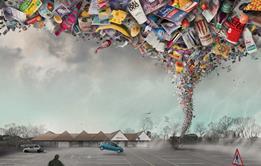
Covid, Brexit costs and shortages in labour and material have caused chaos in grocery this year. Which sectors are best placed to deal with the inflationary storm on the horizon in 2022?
- 1
- 2
- 3
- 4
- 5
- 6
- 7
- 8
- 9
- 10
- 11
- 12
- 13
- 14
- 15
- 16
- 17
- 18
- 19
- 20
- 21
- 22
- 23
- 24
- 25
- 26
- 27
- 28
- 29
 Currently
reading
Currently
reading
Personal care – cosmetics 2021: makeup sales still in need of a facelift
- 31
- 32
- 33
- 34
- 35
- 36
- 37
- 38
- 39
- 40
- 41
- 42
- 43
- 44
- 45
- 46
- 47
- 48
- 49




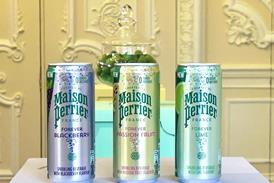



































































































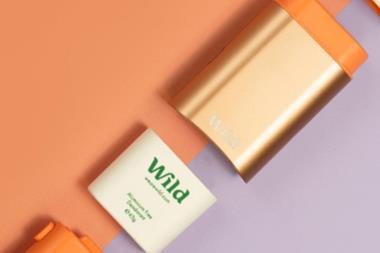
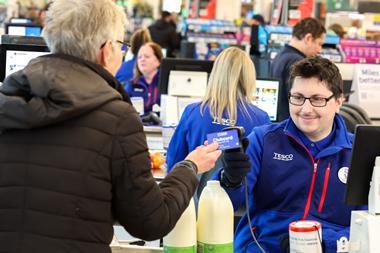
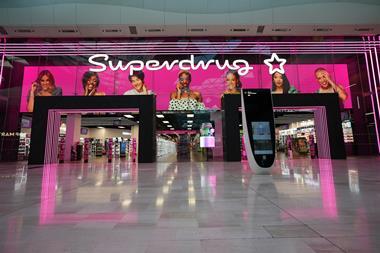
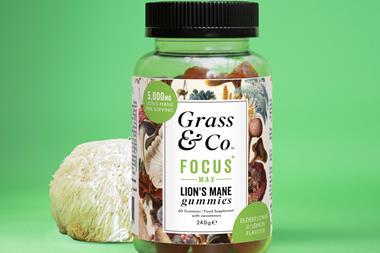
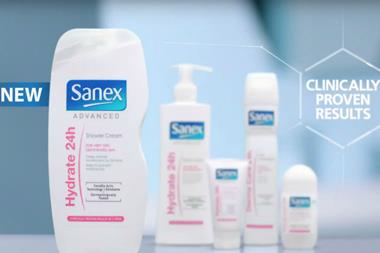
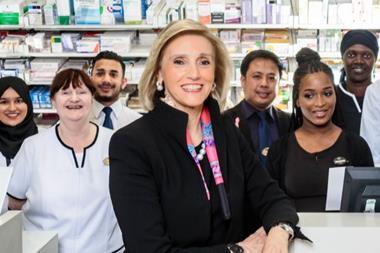






No comments yet